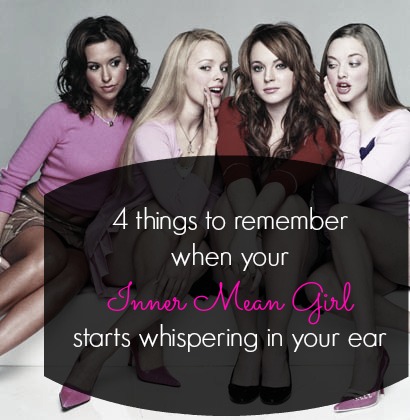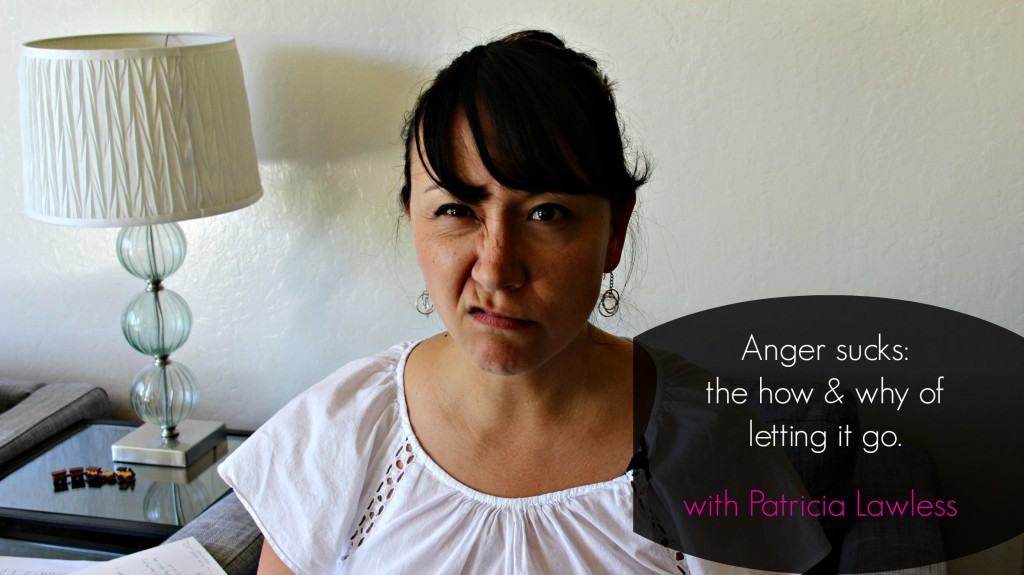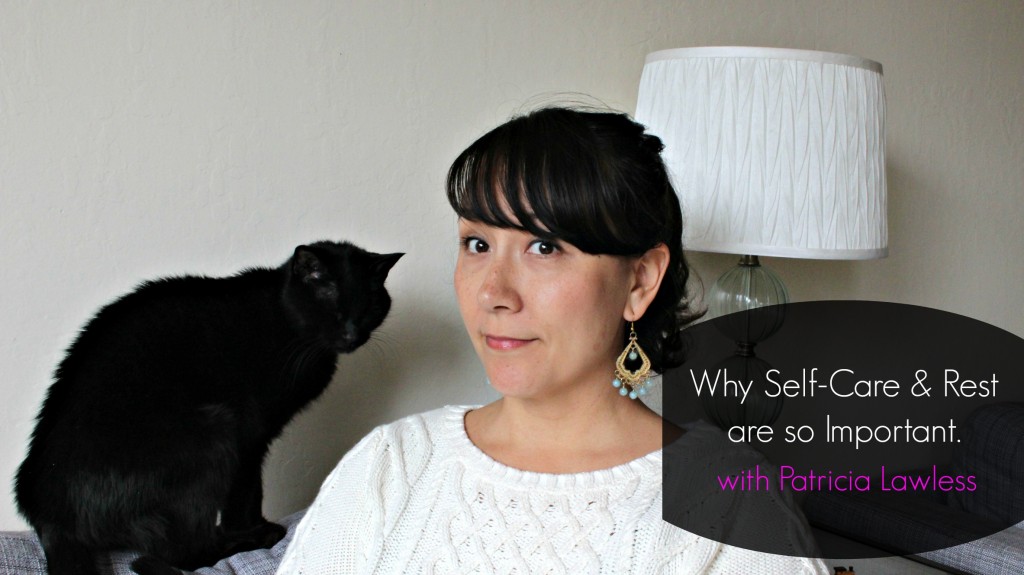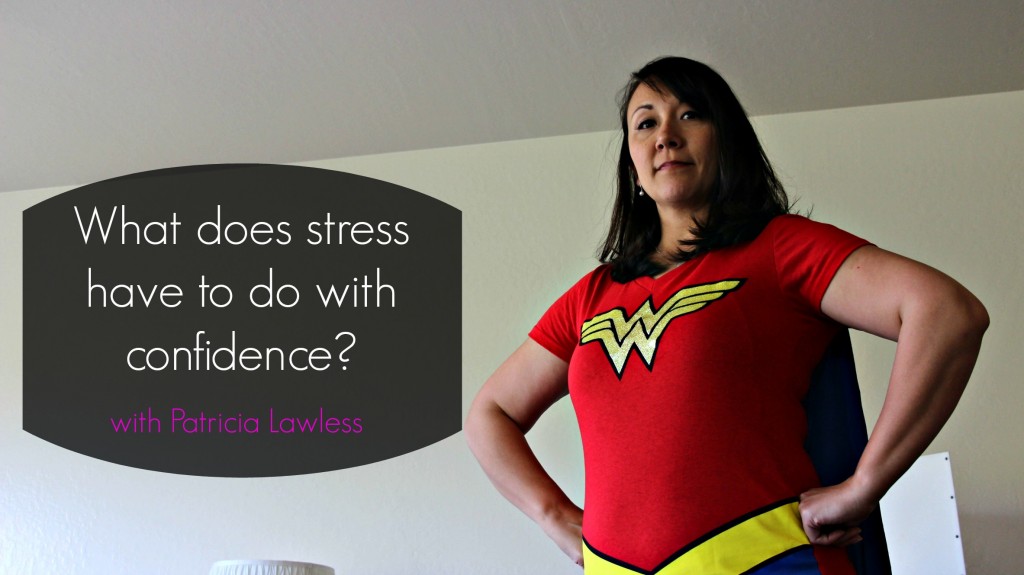As an introverted leader, you face a dilemma. I face it too. Every day.
How do you balance your need for introvert time with putting yourself and your message into the world?
When these things are out of whack, it can lead to introvert-exhaustion.
in•tro•vert-ex•haus•tion
noun1. a state of extreme mental, physical, and emotional fatigue brought on by too much time “in the world”.
2. the action or state of using up an introvert’s energy reserves completely.
You know what I’m talking about, right? You spend a day going from hour-long phone call to lunch with a friend to a coffee date to more phone calls, without breaks, and at the end of the day you feel spent.
When I feel that way, I’m usually tempted to spend a day on the couch watching cooking shows and surfing the internet on my laptop. But this can lead to the cycle of doom.
The cycle of doom: Facebook->email->worrying about what I should be doing instead of->email-Facebook->…
The problem with this is that it seems like it is “introverted” and we think, therefore it should be restful.
Continue reading “the dilemma”






